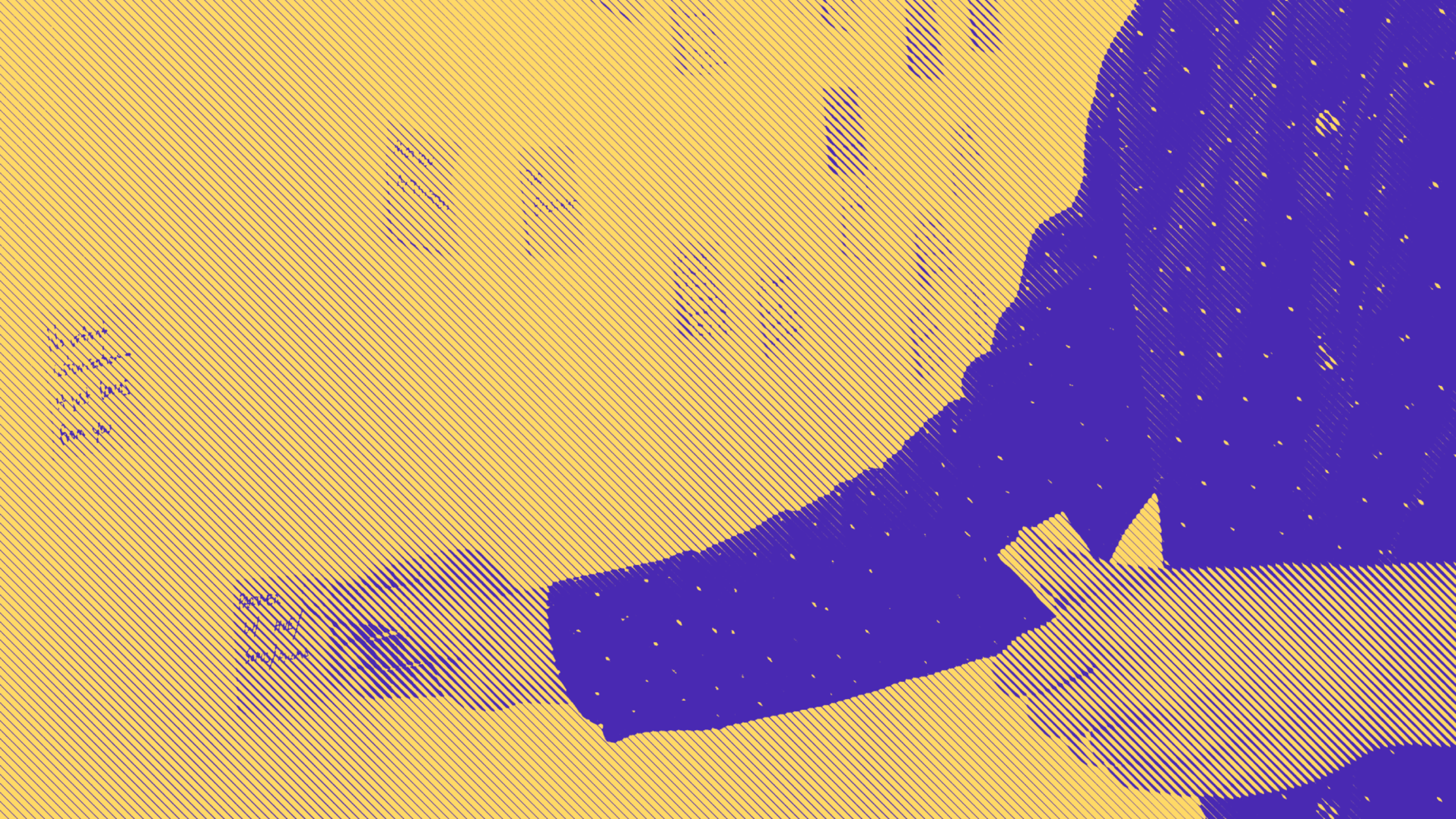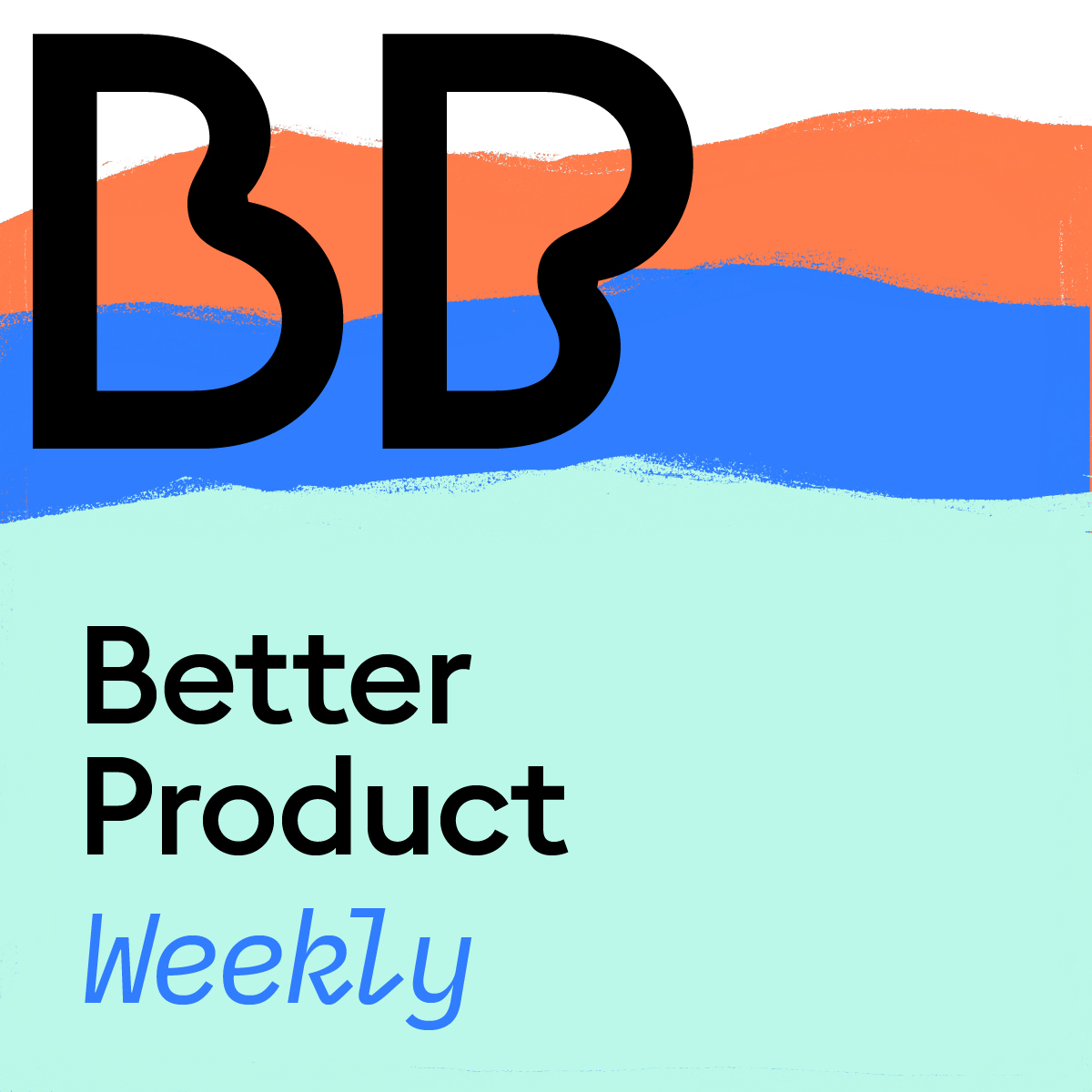How to Define the First Version of Your Digital Product


We’ve been running our Better Product Weekly series for the last few months. This series was designed to create and distribute content based on real-time events because frankly, we all needed to shorten our view for a little. We explored how product leaders were responding in real-time as challenges and opportunities emerge related to COVID-19.
In this episode, you’ll hear the key takeaways you can take back to your organizations. These findings will be relevant for some time so this episode may be one you bookmark.
As we pivot our content back to looking long-term, we invite you to connect with other product leaders by joining our growing product community: https://betterproduct.community/